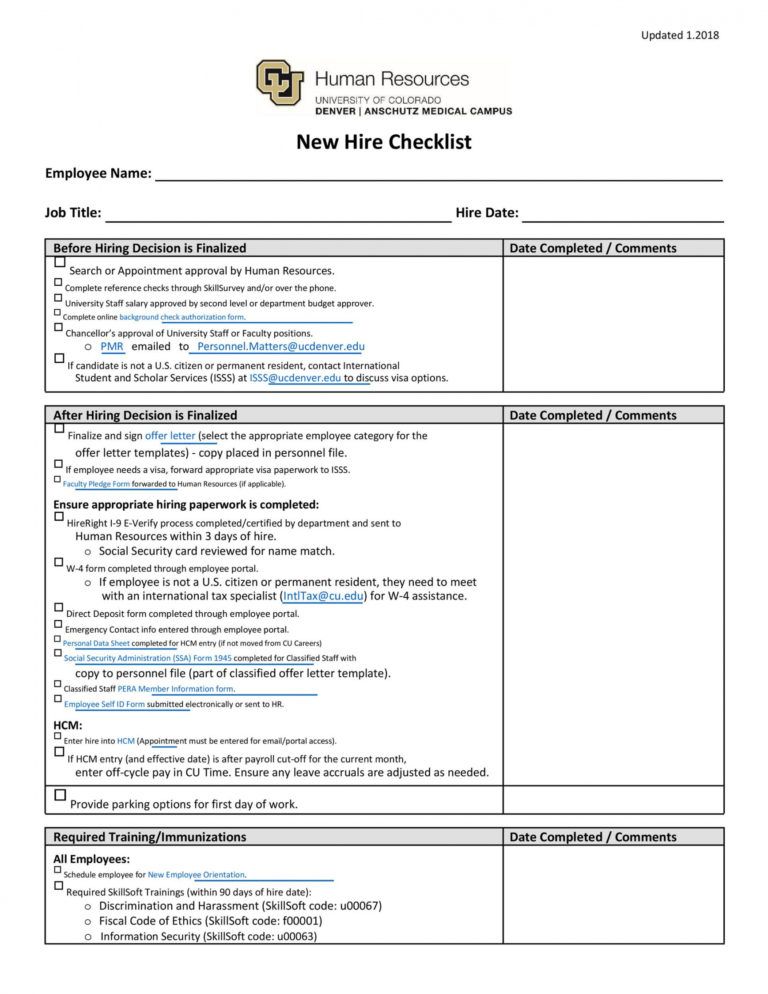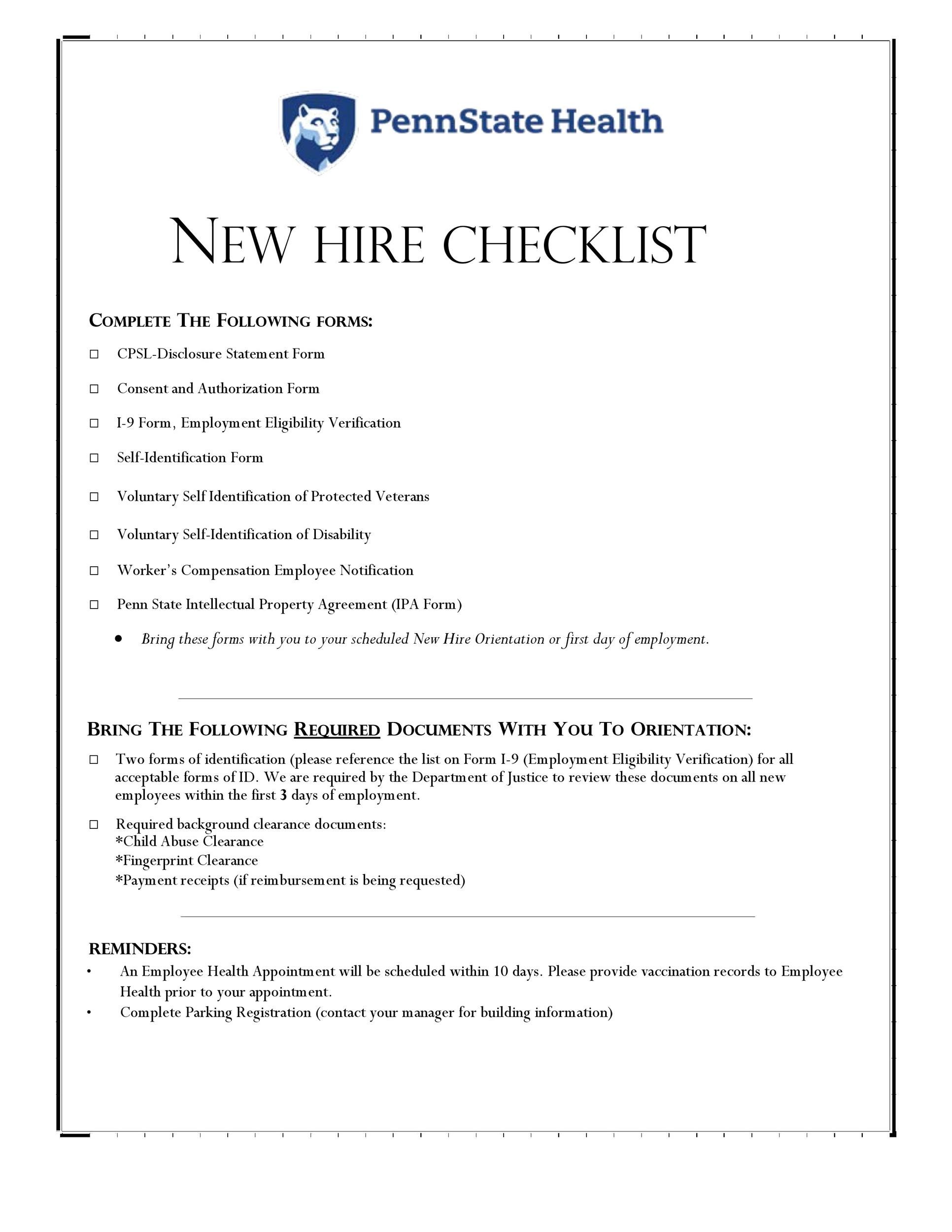New Hire Paperwork Checklist for Canada: 5 Essential Documents

The process of onboarding a new employee in Canada involves several key documents to ensure a seamless integration into the workforce. This blog post will guide you through the essential paperwork required when hiring new employees in Canada. Understanding and preparing these documents will help both employers and new hires navigate the administrative requirements effectively.
1. The Employment Contract

An employment contract is the cornerstone of the hiring process. It outlines the terms of employment, detailing responsibilities, compensation, duration of employment, confidentiality agreements, and termination conditions.
- Job Title and Description: Clearly define the role.
- Salary or Wage: Specify the compensation details.
- Work Hours: Detail expected working hours and overtime policies.
- Benefits: Explain health benefits, pension plans, and vacation entitlements.
- Probationary Period: Mention if there’s a trial period.
⚠️ Note: Ensure the contract adheres to the standards set by Canadian Employment Standards.
2. The New Hire Information Form

This form collects personal information necessary for payroll and HR records:
| Information | Details |
|---|---|
| Full Name | Legal name and preferred name |
| Address | Current residential address |
| Contact Information | Phone number, email, emergency contact |
| Social Insurance Number (SIN) | For tax and payroll purposes |
| Education & Qualifications | Certificates or degrees relevant to the job |

3. TD1 Personal Tax Credits Return Forms

These forms help determine the amount of federal and provincial tax to be deducted from the employee’s pay:
- Federal TD1 Form: To adjust tax withholdings based on personal tax credits.
- Provincial or Territorial TD1 Forms: To set the correct provincial tax rates.
📌 Note: Employees may also need to complete additional forms if they claim personal credits or exemptions.
4. Health and Safety Forms

To ensure a safe working environment, health and safety documents are crucial:
- Health and Safety Acknowledgment: Confirm employee awareness of safety protocols.
- Workplace Hazardous Materials Information System (WHMIS) Training: Required for handling hazardous materials.
5. Employee Acknowledgment of Company Policies

Employees need to acknowledge understanding of company policies:
- Privacy Policy: Employee’s data handling consent.
- Ethics Policy: Code of conduct and ethical standards.
- IT and Internet Usage: Guidelines for company resource usage.
The essential paperwork for new hires in Canada not only establishes a legal framework for employment but also lays the foundation for a productive and compliant workplace relationship. By ensuring all these documents are in place, employers can foster a positive work culture and reduce administrative headaches. Remember to keep documentation current with any changes in laws or company policies, and always approach onboarding with transparency and clarity to set the tone for a successful employee-employer relationship.
What should an employer do if an employee loses their SIN card?

+
The employee can reapply for a new SIN through Service Canada. The employer should continue to keep the employee’s previous SIN on file for reference.
Do all employees need to fill out the TD1 forms?

+
Yes, every employee must fill out the federal and applicable provincial or territorial TD1 forms before starting work. This includes both full-time and part-time employees.
Is it necessary for part-time employees to receive WHMIS training?

+
If part-time employees will work in environments where hazardous materials are present, they must also complete WHMIS training.



